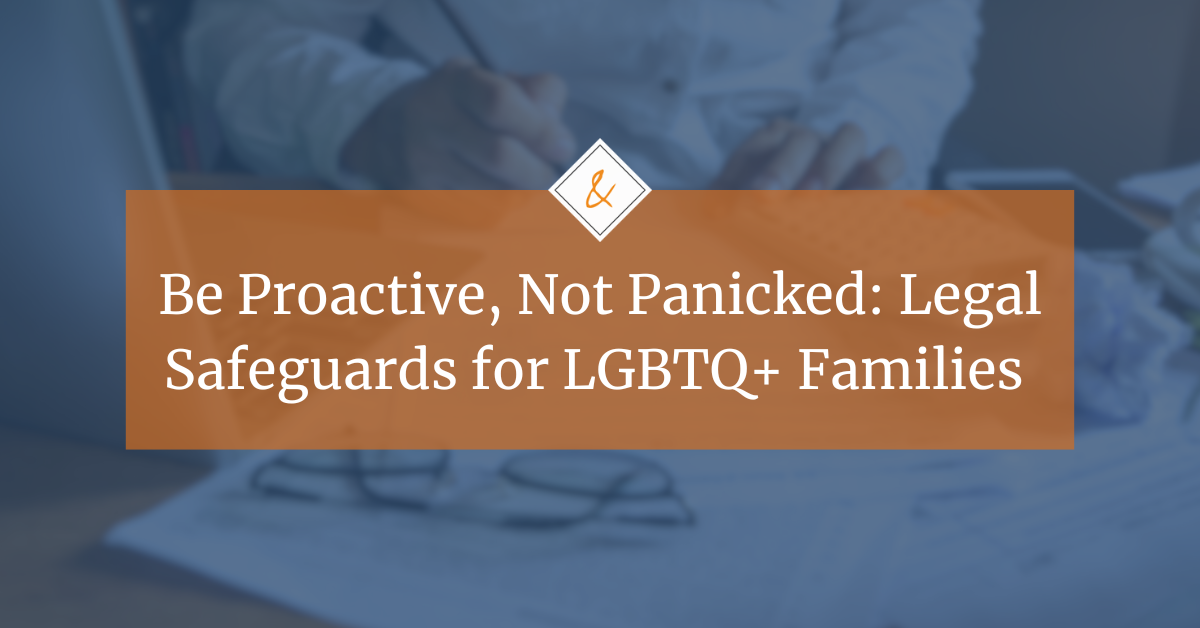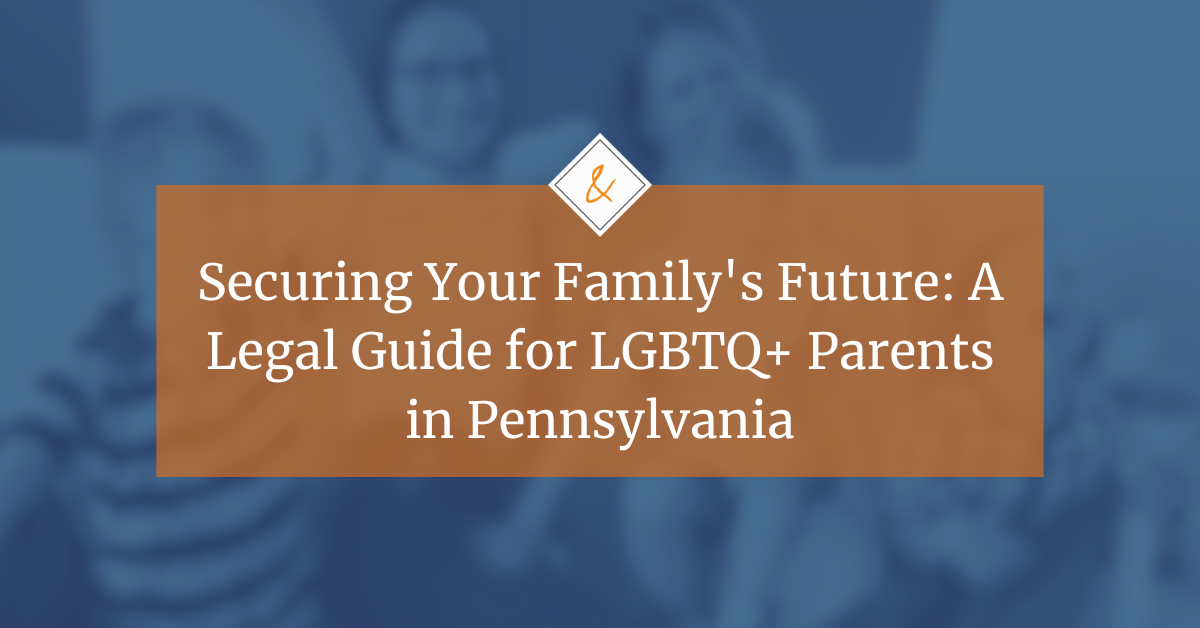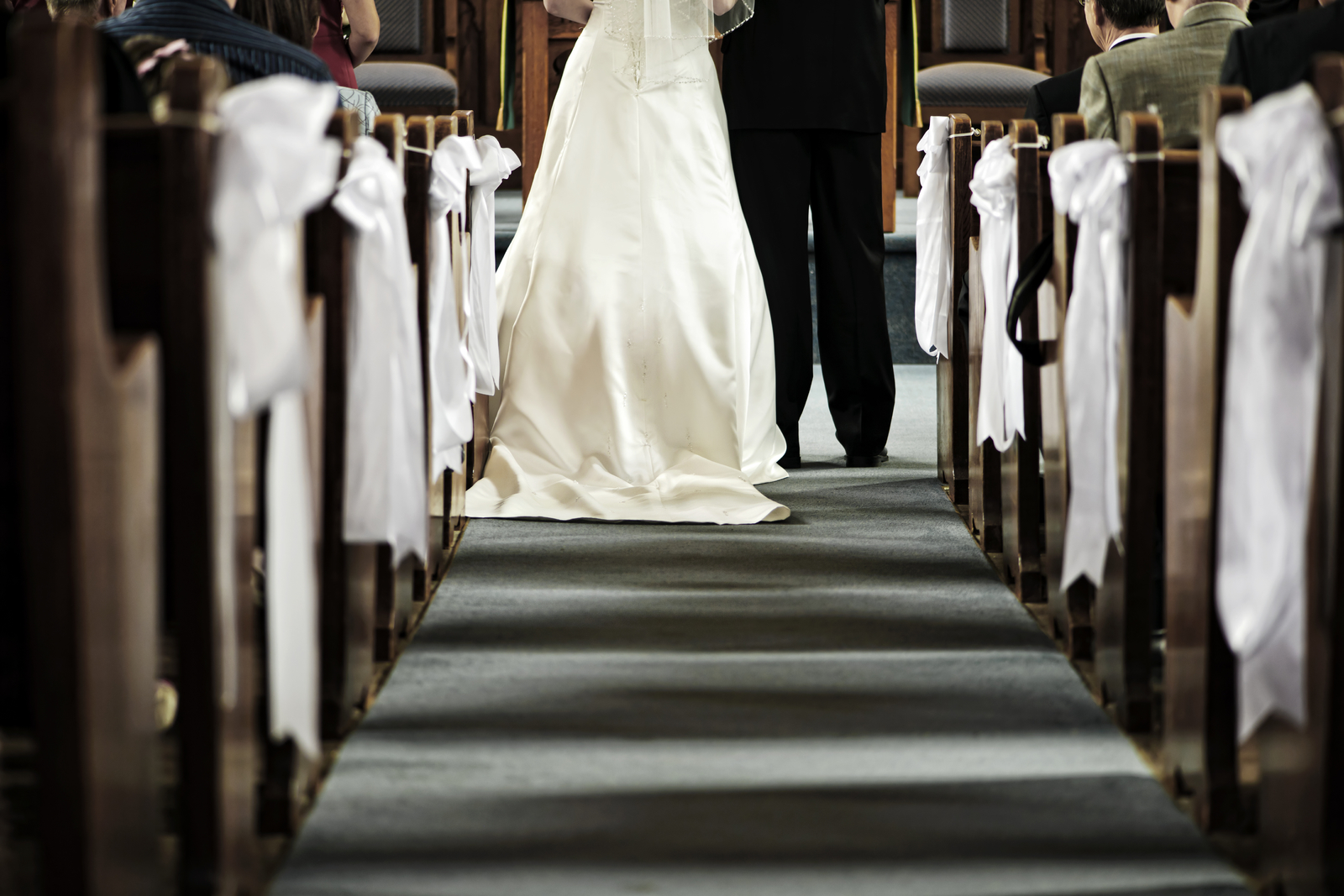Our Helen Casale worked with the ACLU to help write the amicus curiae brief as well as provided insight and counsel along the way.
On December 21, 2016, the Pennsylvania Superior Court, in In re: Adoption of R.A.B., Jr., ruled that an adoption that had been finalized between a same-sex couple in 2012 could be annulled and/or revoked so that the parties could now marry.
In 2012, one of the parties filed a petition to adopt his same-sex partner of over 40 years, for the purpose of becoming a family unit and for financial and estate planning purposes. The petition was granted at a time when marriage between same-sex couples was not recognized in Pennsylvania. Thereafter, in 2014, the Pennsylvania Supreme Court, in Whitewood v. Wolf, held that same-sex couples who seek to marry in Pennsylvania may do so, and already married same-sex couples will be recognized as such in the Commonwealth of Pennsylvania. The Whitewood Court held that the statute prohibiting marriage between same-sex couples was unconstitutional. Thereafter, the couple wanted to marry, however, their prior adoption prohibited them from doing so.
For the express purpose of exercising his fundamental right to marry, one of the parties (the party who had adopted) filed an unopposed petition to annul or revoke the adoption, which included the affidavit of the other party (who was the party who had been adopted), consenting to annul or revoke the adoption. The Orphans’ Court denied the petition reasoning that it did not have the power to do so since the Adoption Act does not expressly provide for the annulment of an adult adoption.
The Pennsylvania Superior Court reversed, holding that a petition to set aside an adoption decree implicates principles of equity. The Superior Court further explained that both Pennsylvania and now, the United States Supreme Court (in Obergefell v. Hodges in 2015), have ruled that same-sex couples have the fundamental right to marry. It also noted that a number of sister states, including Delaware and New Jersey, have permitted adults in adoptive parent-child relationships to annul an adoption in order to marry, even where the relevant adoption statute does not expressly provide for that annulment. The Court pointed out that the adult adoption here had occurred at a time before Pennsylvania law recognized same-sex marriage, and adult adoption was the only option the parties had to formalize their family unit with all of the rights conferred by law.
Following Whitewood and Obergefell, same-sex couples may now exercise their fundamental right to marry. By denying the petition to annul or revoke the adoption, the Superior Court found that the Orphans’ Court had frustrated the couple’s ability to marry. The Superior Court determined that the Orphans’ Court had the power, as a court sitting in equity, to grant the petition so that the parties could legally marry.
As a result, same-sex couples who are parties to an adult adoption, may now seek to have that adoption revoked so that they can marry.
To learn more about this case check out the article in The Legal Intelligencer.



